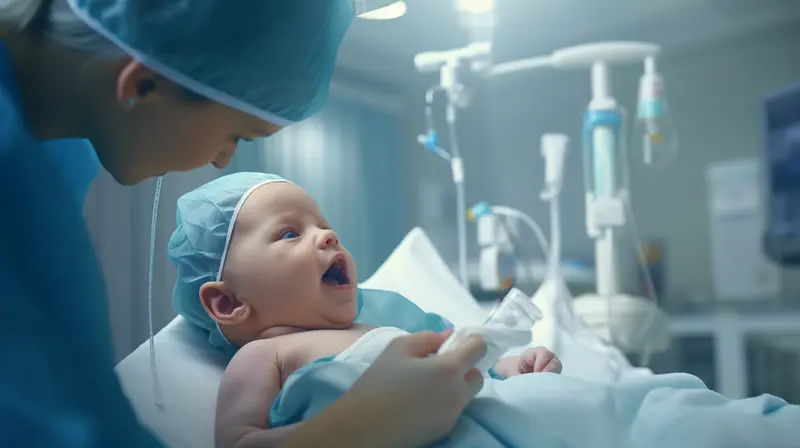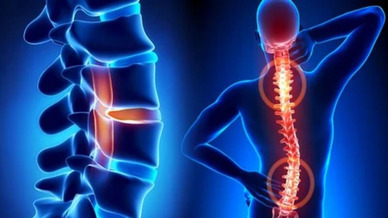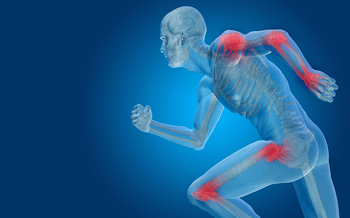Word Cardiologists are always associated with Heart and Adults but children may also need to see a cardiologist, specifically a Pediatric Cardiologist.
Common Heart Conditions in Children:
- Congenital Heart Defects (CHDs): These are structural issues with the heart present from birth. They include conditions like atrial septal defects, ventricular septal defects, tetralogy of Fallot, and more.
- Arrhythmias: Irregular heart rhythms, which can include tachycardia (fast heartbeat), bradycardia (slow heartbeat), and other rhythm disturbances.
- Acquired Heart Disease: Conditions that develop after birth, such as Kawasaki disease or rheumatic heart disease, which can affect the heart’s structure and function.
- Heart Murmurs: Often harmless, but in some cases, they can indicate underlying heart problems.
- Genetic Conditions with Cardiac Involvement Several genetic syndromes typically include heart problems. Among these are Down syndrome, Marfan syndrome, Turner syndrome, and Williams syndrome. Children with these syndromes are likely to need a pediatric cardiologist.
Pediatric Cardiology healthcare is a dynamic and rapidly evolving field, with ongoing research, technological advancements, and a focus on personalized care to improve outcomes for individuals with heart-related conditions. Comprehensive and multidisciplinary approaches involving cardiologists, cardiovascular surgeons, nurses, rehabilitation specialists, and other healthcare professionals are essential in providing high-quality cardiology healthcare.


